
by Editor | Jul 14, 2019 | News
On July 13, 2019, in Cambridge, MA, Governor Michael Dukakis, had dinner and discussed with Vint Cerf, one of the fathers of Internet. Mr. Vint Cerf is honored as World Leader in AI World Society.
Governor Dukakis and Honorary Cerf discussed politics, cybersafe, deepfakes, and new digital currencies at the dinner. This is leading to the building of the Social Contract 2020 that Boston Global Forum and Michael Dukakis Institute for Leadership and Innovation are building, with contribution from top thought leaders of Harvard, MIT, and other top universities.
Governor Dukakis and Mr. Cerf shared ideas and thoughts in these discussions.

by Editor | Jul 14, 2019 | News
Facebook has been dealing with criticism and scrutiny since it unveiled Libra. But the backlash shows that the project is a real wake-up call.
David Marcus, Facebook’s blockchain chief, might have known he’d be playing a lot of defense after Facebook revealed its plans to create a digital currency. But no one can be truly prepared for ending up in the crosshairs of the US president.
The new currency, called Libra, “will have little standing or dependability,” Donald Trump tweeted on Thursday, adding that he’s also “not a fan of Bitcoin and other Cryptocurrencies, which are not money, and whose value is highly volatile and based on thin air.”
“I am not a fan of Bitcoin and other Cryptocurrencies, which are not money, and whose value is highly volatile and based on thin air. Unregulated Crypto Assets can facilitate unlawful behavior, including drug trade and other illegal activity….”
And Senator Sherrod Brown, the highest ranking Democrat on the Senate Banking Committee, recently sent a letter to the chairman of the Federal Reserve in which he argued: “We cannot allow giant companies to assert their power over critical public infrastructure … The Fed must take a proactive role to ensure that the payments system remains accountable to the public.”
Both the House Financial Services Committee and the Senate Banking Committee will hold hearings on Libra next week, and Marcus will testify in both.
Facebook asked for all this scrutiny. After all, it has made a grandiose claim that it is building a new “financial infrastructure” to support billions of people around the world, but has yet to reveal many details about just how it will pull that off. That said, the intensity with which politicians and government bankers are responding to Libra suggests they believe that this vision, or something like it, is plausible.
In other words, it looks as if Libra has been a wake-up call. Even if it doesn’t catch on, it’s likely that some other coin will eventually, perhaps one made by another big tech company. But the point is that many policymakers and central bankers now appear to accept this. Digital currencies will no longer be ignored.
Mr. Vint Cerf, one of the Fathers of Internet, also display concerns about Libra at the discussion on new digital currencies, a part of the Social Contract 2020 on July 13, 2019.

by Editor | Jul 14, 2019 | News
World Leader in AI World Society Award recipient and one of the fathers of Internet, Mr. Vint Cerf, attend two special events at MIT:
July 15: Interspecies Internet Workshop
Vint Cerf, Diana Reiss, Peter Gabriel, and Neil Gershenfeld came together in an unusual collaboration around an Interspecies Internet, presented in this TED talk. This follow-up workshop will gather a community working in this and related fields to review progress since then, present relevant research, and plan future activities. It is co-hosted by MIT’s Center for Bits and Atoms, Google, and the Jeremy Coller Foundation. There is no charge to attend but registration will be limited; to apply contact [email protected] with a brief summary of your interest and background.
http://cba.mit.edu/events/19.07.I2I/
July 16: Net@50: The Roots and Future of the Internet
This is a year of internet milestones. Fifty years ago in October, the first message was sent over the ARPANET, the precursor to the internet. The World Wide Web turned 30 in March. And 2019 marks the first year more than half the world’s population—over four billion people—have internet access.
Net@50 is a special two-part gathering taking a critical look at the internet today and where it is heading. More than two dozen of the Internet’s pioneers will be joined by some of today’s leading visionaries. There will likely never be another event like this that honors the internet’s creators while contemplating its future. Join us at the MIT Media Lab and Café ArtScience in Kendall Square for this historic occasion.
This unique gathering of the World Frontiers Forum, in partnership with Xconomy, celebrates the 50th anniversary of the first message over the ARPANET. A half-day public event for approximately 250 will feature keynote talks, chats, and interactive panels that examine the challenges and opportunities facing the Internet’s next 50 years.
A special gala dinner for approximately 150 guests celebrating the more than two dozen attending Internet Pioneers will follow, highlighting the Net’s Boston-area roots.

by Editor | Jul 14, 2019 | News
Artificial Intelligence (AI) is one of the most rapidly growing domains today. Keeping track and taking stock of AI requires not just constant attention, but also the ability to dissect and evaluate across a number of dimensions.
Reinforcement learning (RL) is an area of machine learning that has received lots of attention from researchers over the past decade. It’s been also a big year in natural language processing (NLP): Google AI’s BERT and Transformer; Allen Institute’s ELMo; OpenAI’s Transformer, Ruder and Howard’s ULMFiT, and Microsoft’s MT-DNN demonstrated that pre-trained language models can substantially improve performance on a variety of NLP tasks.
In the future, combining deep learning and domain knowledge is a fruitful avenue of exploration: “Especially when the goal of an AI project is to solve a real-world problem vs. building a general intelligence agent that should learn to solve a talk.” According to AI Ethics report from AI World Society (AIWS), AI can be a force for helping people achieve well-being and happiness, unleash their potential, obtain greater freedom, relieve them of resource constraints and arbitrary/inflexible rules and processes, and solve important issues, such as SDGs
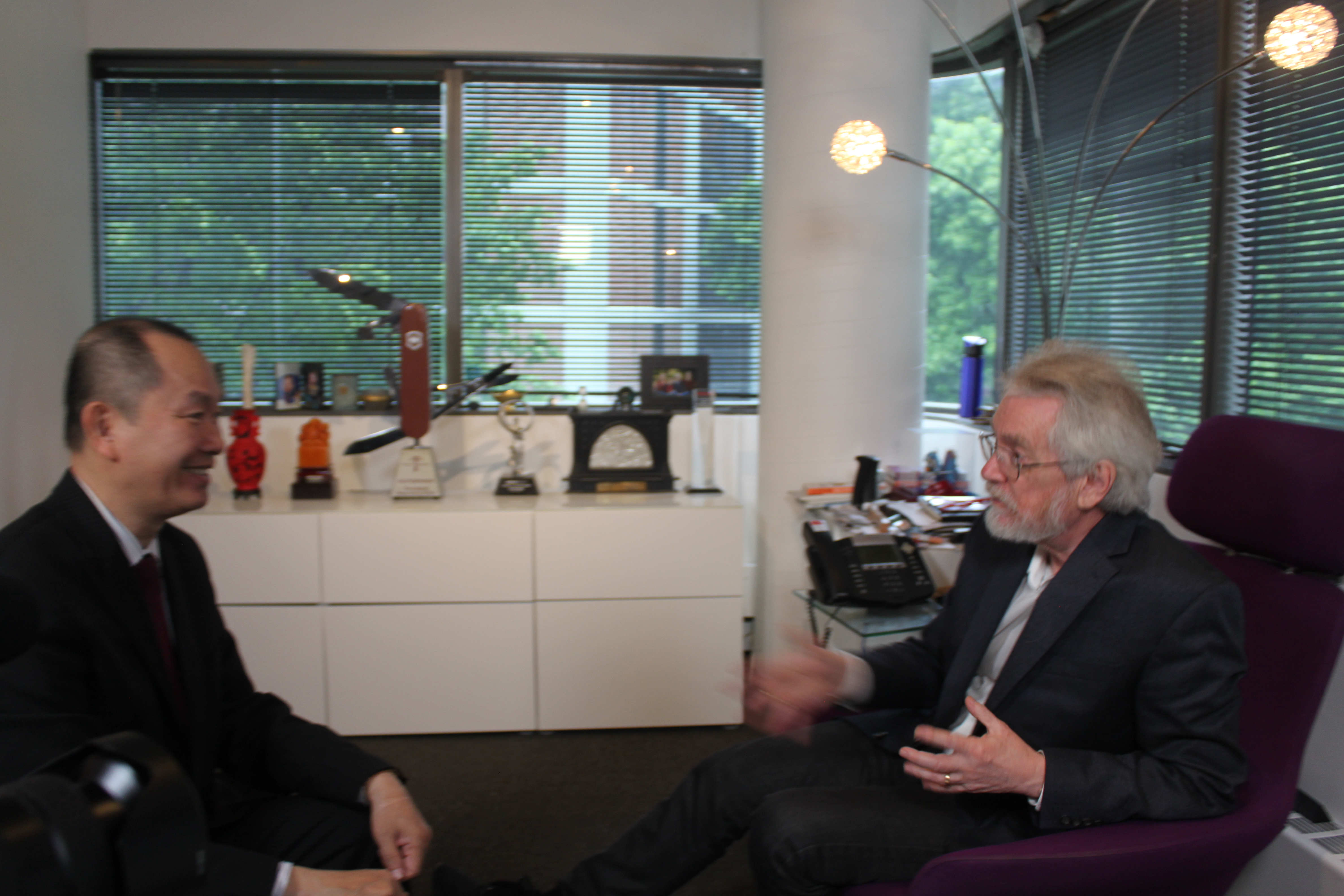
by Editor | Jul 14, 2019 | News
Professor Alex Sandy Pentland, one of the top 7 data scientists, Director of Connection Science, MIT, Co-founder of the Social Contract 2020, will speak about the concepts of the Social Contract 2020, the initiative of AI World Society, Boston Global Forum, and the Michael Dukakis Institute, at Policy Dialog about AI Governance on October 21, 2019 in Madrid, Spain. This special event will be organised by the World Leadership Alliance-Club de Madrid, the organisation of former presidents, former prime ministers of democratic countries.
The conference will have more than 35 former presidents and former prime ministers, and more than 150 thought leaders attend.
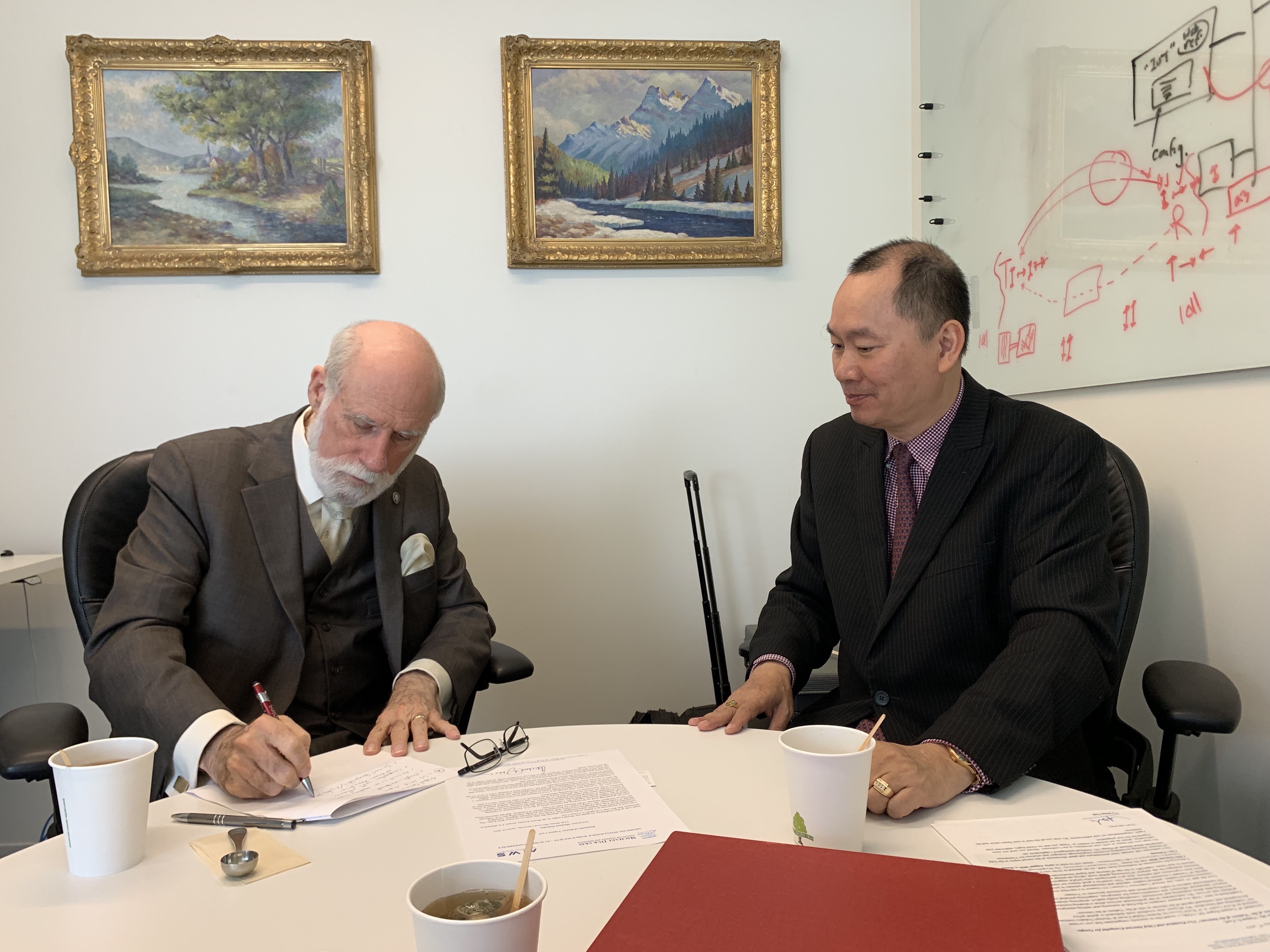
by Editor | Jul 8, 2019 | News
On September 23, 2019, AIWS will organise a conference at Harvard Faculty Club with the theme of Rule of Law for AI and the Social Contract 2020.
Keynotes speakers include Professor Alex Sandy Pentland, one of the top data scientists, director of Connection Science, MIT, and Mr. Marc Rutenberg, Director EPIC.
Participants include professors of Harvard, MIT, and thought leaders.
Governor Michael Dukakis will be the moderator of the conference.
In this conference AI World Society will discuss the Rule of Law for AI World Society and a new social contract: The Social Contract 2020.
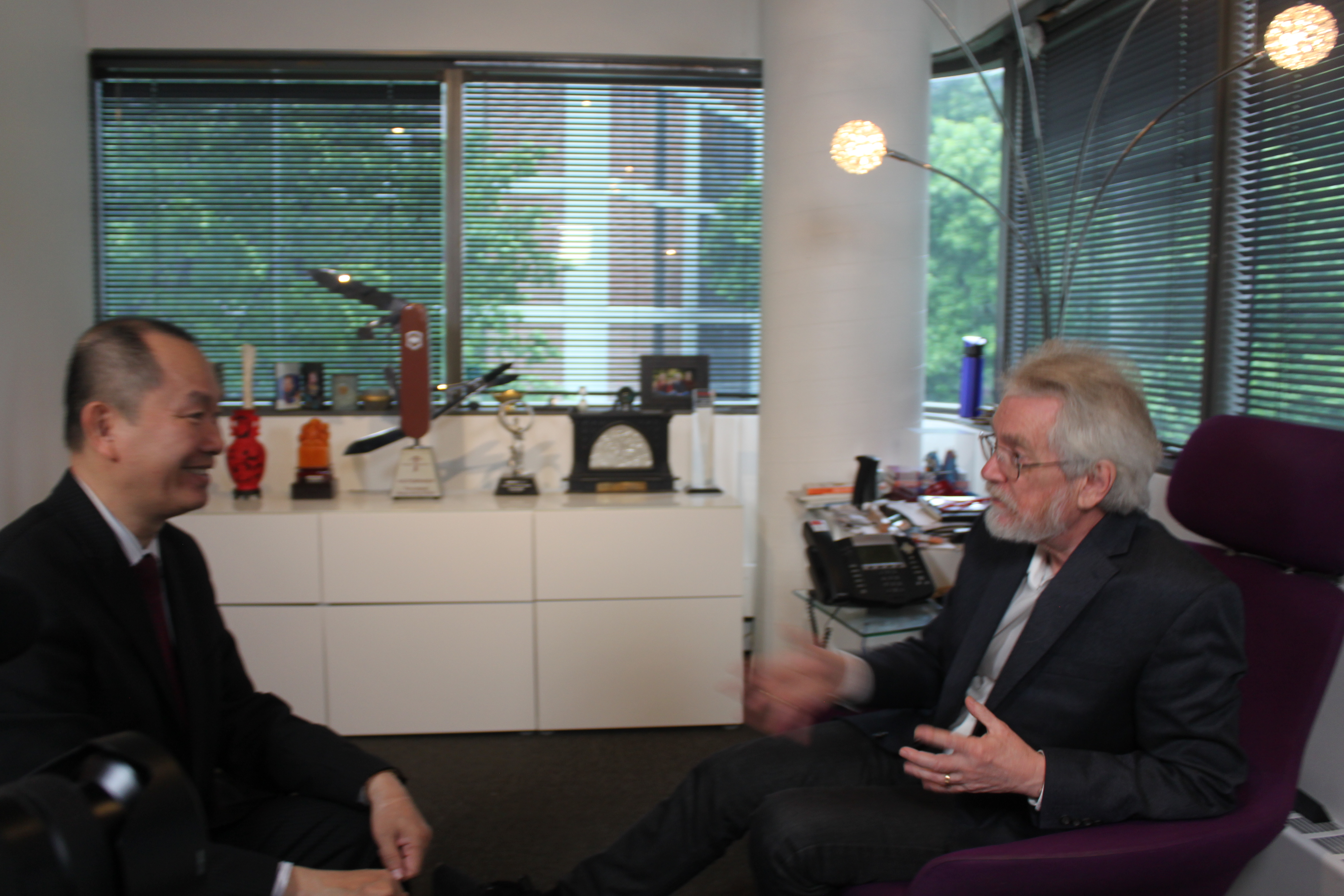
by Editor | Jul 8, 2019 | News
Background include thinking and ideas of thought leaders:
Professor Joseph Stiglitz:
Progressive capitalism is based on a new social contract between voters and elected officials, between workers and corporations, between rich and poor, and between those with jobs and those who are un- or underemployed.
Professor Alex Sandy Pentland:
Give people ownership of their data. The heart of the New Deal on Data must be to provide both regulatory standards and financial incentives enticing owners to share data, while at the same time serving the interests of individuals and society at large.
Vint Cerf:
Humans produce trillions of photos and countless exabytes of complex digital objects every year. But formats are constantly changing, and all this data is potentially ephemeral. We need to find a way to store all that data in a way that will remain accessible 100 years from now.
Governor Michael Dukakis:
Global accord needed on use of AI by governments.
Boston Global Forum and great thought leaders such as Governor Michael Dukakis, Professor Alex Sandy Pentland, and Vint Cerf, one of the fathers of the Internet, will discuss to build a new social contract is named the Social Contract 2020.
The urgency of the discussion is that there is a lot of talk about this concept in the World Economic Forum and other platforms, but it is pretty much misguided ranting. There are several items that might go into a serious discussion:
1) Collective action and data rights and uses (e.g., Data Co-Ops, etc);
2) Tax: we have what I think is really fundamental new thinking about tax policy in our new digital, global world;
3) Digital money: the need to reinvent money and deal with the advent of digital currencies; and
4) The advent of algorithms as law, and the role of human stakeholders
The first discussion will be take place on July 13, 2019 between Governor Dukakis and thought leaders. Then the first ideas of the Social Contract 2020 will be discussed on AI World Society Conference Sept 23, 2019 at Harvard University Faculty Club. The first concepts will be introduced in World Leadership Alliance – Club de Madrid Conference Oct 21 and Oct 22, 2019 in Madrid.
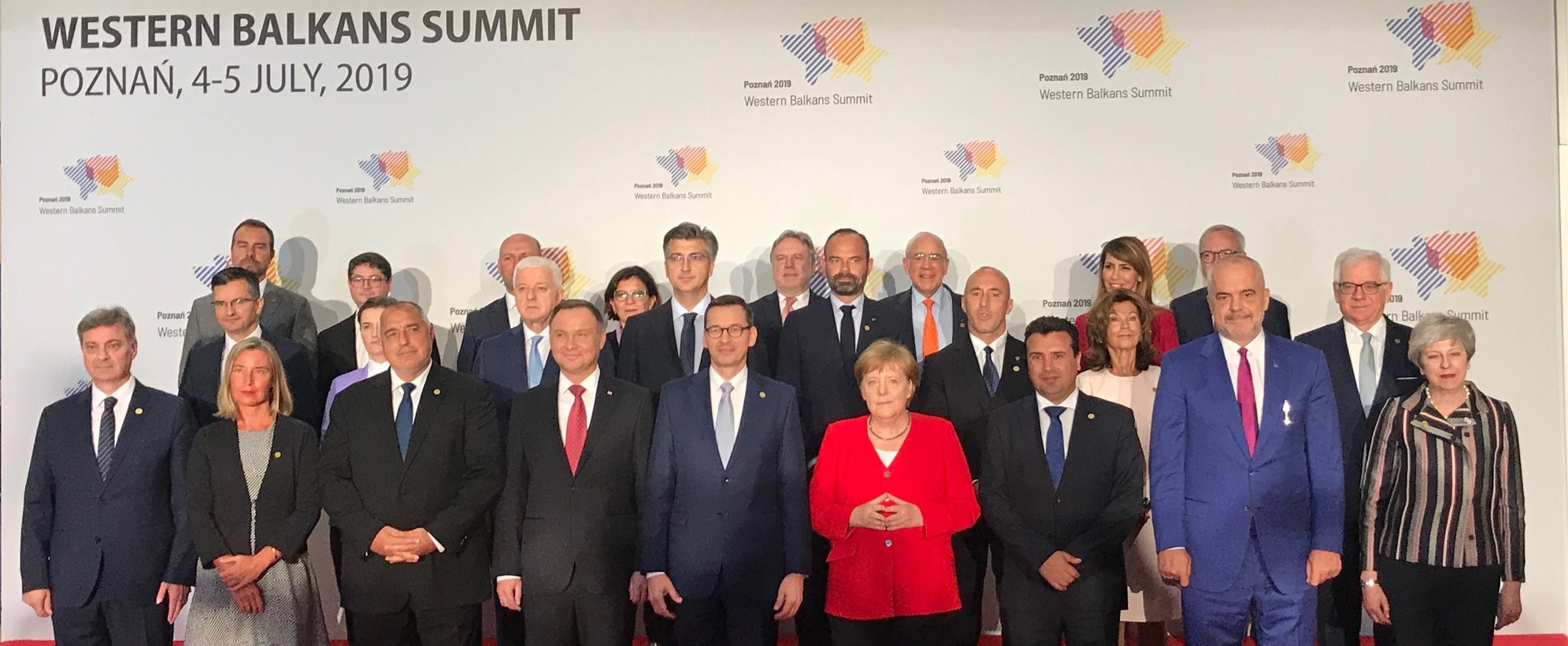
by Editor | Jul 8, 2019 | News
Secretary General Gurria spoke at the Western Balkans Berlin Process Summit – Leaders Session on Youth entrepreneurship
http://www.oecd.org/about/secretary-general/western-balkans-summit-leaders-session-on-youth-entrepreneurship-poland-july-2019.htm
He focused on these messages:
- Boosting youth entrepreneurship to unleash the region’s full economic potential
- It is time to act: fostering youth entrepreneurship
And three issues to work on:
- First, governments need to create a business ecosystem that levels the playing field for young entrepreneurs. Policy makers should identify the special needs of youth, and offer tailored support services and structures such as incubators.
- Second, accessing finance remains too difficult for young entrepreneurs.A staggering 70% of all new businesses view a lack of funding as the number one impediment for creating a business. You cannot expect young people to become entrepreneurs if you don’t equip them with the necessary resources.
- Third, young people in the Western Balkans have substantially lower skills than their EU peers.
Boston Global Forum honored Mr. Angel Gurria as A World Leader in AI World Society at the Boston Global Forum – G7 Summit Conference on April 25, 2018 at Harvard University Faculty Club.
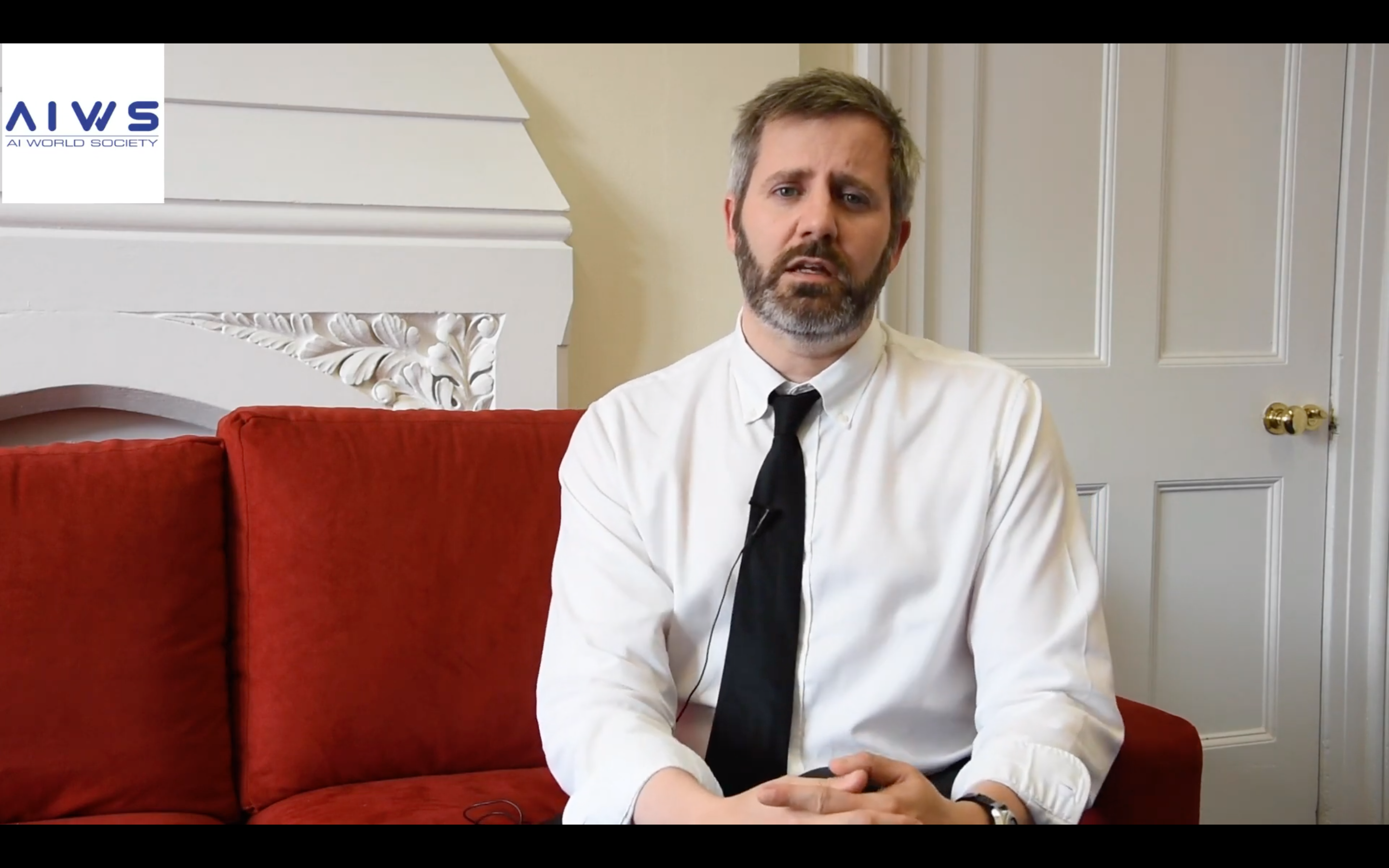
by Editor | Jul 8, 2019 | News
Former Governor Michael Dukakis wrote in his letter calling for contributions to the AI World Society (AIWS) Summit, “The real world applications of AI will bring revolutionary changes and will have profound effects on the future of humanity. The changes will bring challenges to societal norms and economic models that we have relied on for decades. And we would be wise to prepare for all that will mean…” But, “our national governments have been slow to act. And international bodies such as the United Nations have yet to effectively address the problem.”
The AIWS Summit is filling in this void, serving as a place where the brightest minds on the planet can work together, to find the innovative solutions that will help us build a brighter future. This week, we are pleased to present a talk by Oxford Professor Philip Howard for the AIWS Summit.
Professor Howard is a statutory Professor of Internet Studies and Director of the Oxford Internet Institute. He investigates the impact of digital media on political life around the world, demonstrating how new information technologies are used in both civic engagement and social control in countries around the world. Howard’s research and commentary writing has been featured in the New York Times, Washington Post, and many international media outlets. He holds courtesy appointments as a professor at the University of Washington’s Department of Communication and as a fellow at Columbia University’s Tow Center for Digital Journalism.
Professor Howard’s talk for AIWS Summit is focused on the impact of misinformation on manipulation of public opinion. It is becoming more of a phenomenon around the world that government agencies and political parties are increasingly exploiting social media to spread junk news and disinformation to benefit their own propaganda.
He conjectures that this trend will continue. Furthermore, he thinks that AI will help make misinformation campaigns easier and more effective to automate. In his opinion, the biggest existential threat to democracy is the undermining the role of science in public life. A long-term negative trend is that the evidence itself will have not have a clear role and instead alternative facts may reign in how we set policy making.
Professor Howard calls for public policy oversight. Countries that want to do something about misinformation need to provide guidelines and set expectations for what political campaigns can do when they commission negative campaigns, what is expected for social media companies that make money out of revenue ad, and how political candidates spend their money.
The full video of Professor Howard’s talk can be seen here.








